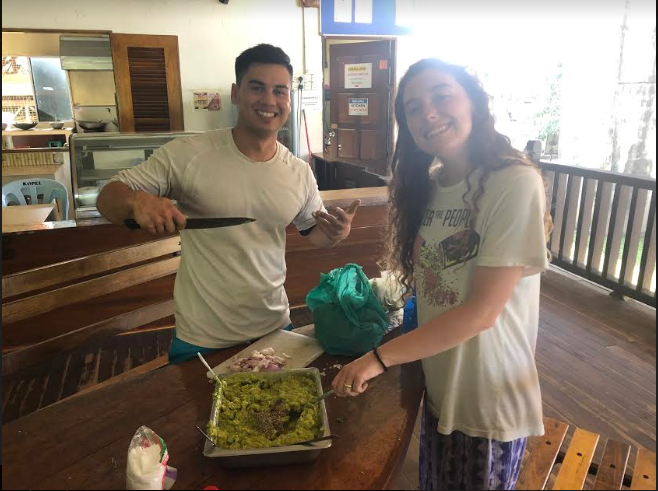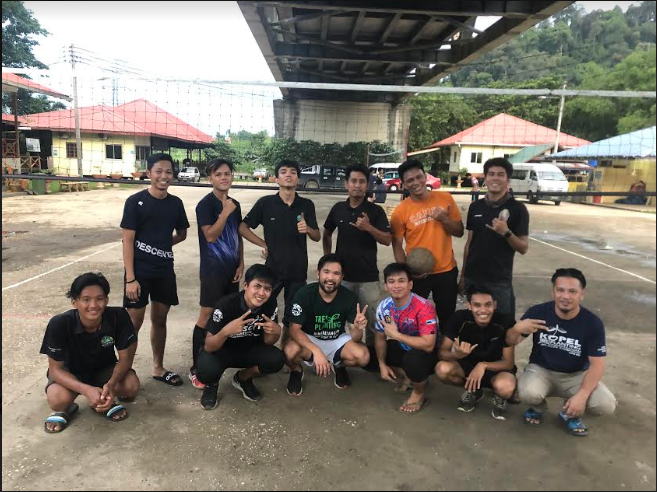Cultural Exchange through Homestay
Homestays have become a popular way for travelers to experience how locals live on a daily basis. It may sound like an Airbnb, but it’s so much more than just a bed to sleep in. This June as part of the University of San Francisco’s MSEM Tropical Restoration Ecology Arrupe Immersion class, my 3 classmates and I planned to stay with the Jamali Family, part of the Miso Walai Village Homestay, Kinabatangan, Sabah, Malaysian Borneo. The anticipation of arriving at our homestay was plagued with many questions. Questions such as, will my family like me, what will we talk about, will it be awkward, or will we just sit in silence the entire time? Once we arrived, all my worries melted away. The host family welcomed us with open arms and hospitality. We simply sat around the table as they served us treats and started chatting with each other. This is the beautiful part of the homestay experience – getting to know one another and forgetting that we come from different countries. We ate all our meals together and acted as one of their own. We shared pictures of our families back home and gave then a sense what our lives are like back in America.

Cultural Exchange through Guacamole
When traveling to different countries, cultural exchange through food is very popular. Every day, we ate Malay food for breakfast, lunch and dinner. We wanted to make a dish for the community to share a bit of home with them. Although not originally an American dish, guacamole has become an American staple (at least in where I live in California). I simply consulted with the locals and gave a list of ingredients for the dish. In only a matter of a day, I was presented with three bags of everything we needed. We then went to the kitchen area and started preparing the guacamole dish. The people working in the kitchen kept coming out asking us questions. When we finished the guacamole we started having everyone try it. At first they were all skeptical and unsure of what they were about to taste. It was in no time until everyone was lining up to try this strange dish made from a bunch of Americans. The day ended with smiles all around as the entire bin of guacamole was gone within the hour.

Cultural Exchange through Volleyball
There are many ways to integrate yourself into a community. One of the best methods that I experienced is through sport. Here in the Mengaris village at the KOPEL headquarters, volleyball is the most popular sport. The local kids from the village come play at 5:00pm every day when the weather is coolest. I watched them gather and every day I had an interest in joining. I was for some reason nervous to insert myself into this group that has been playing together since they were kids. Eventually, I asked our guide if they would let me play. All of a sudden he started yelling at the group in Malay and I then found myself in the heart of the match. Being on the volleyball court with the locals gave me a novel sense of getting to know the locals. We had to trust each other in order to win the match. Even when speaking different languages, we were able to communicate with each other. It made me realize that playing sports is a universal language that brings people together.

C.J. Mishima
University of San Francisco
Masters of Science in Environmental Management

